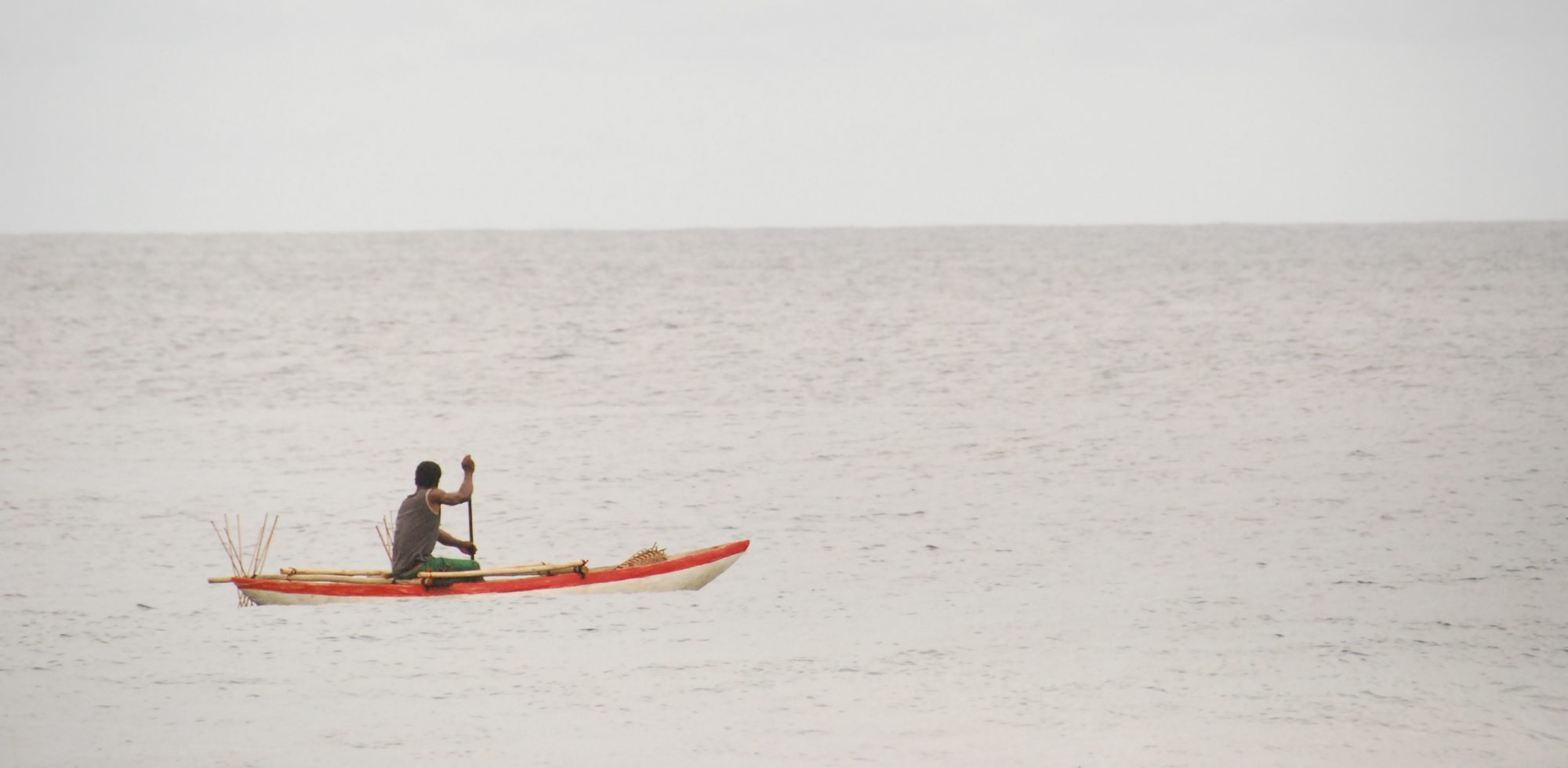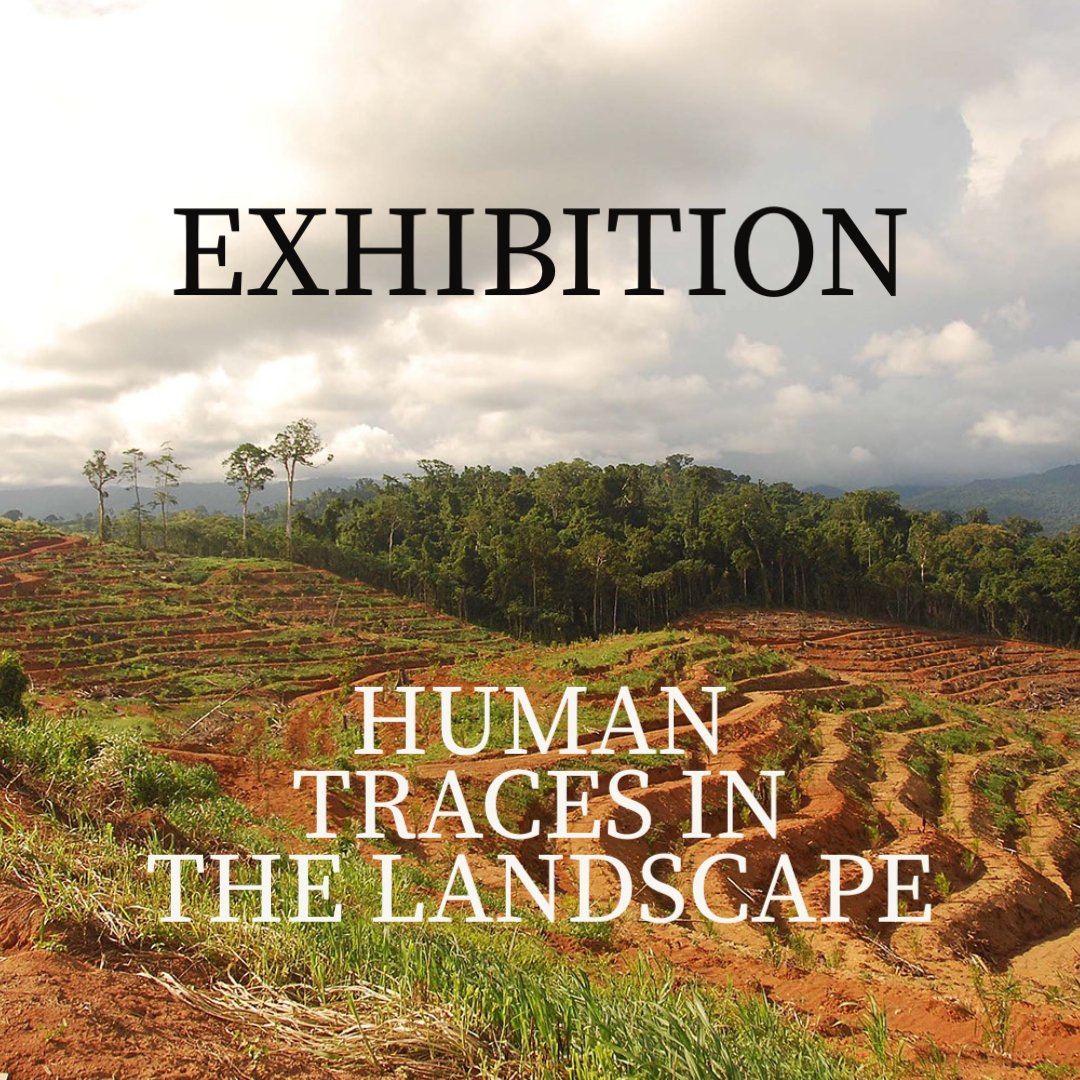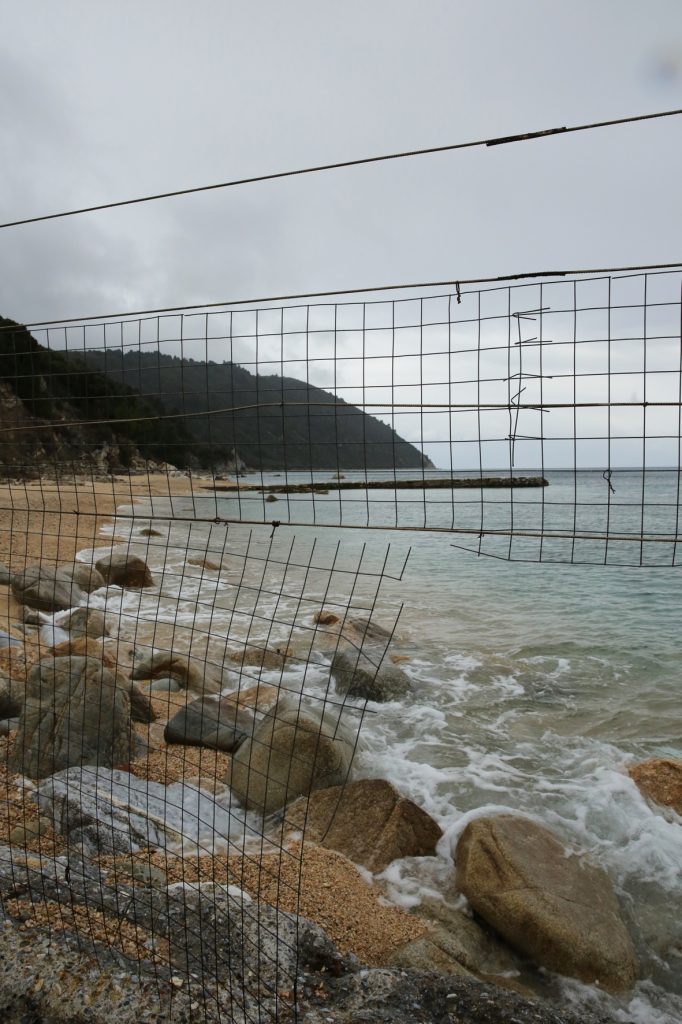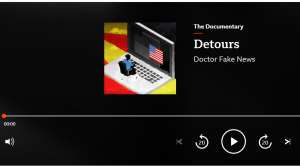The Friday anthropology seminars are finally coming back on September 25th. We are beginning with Loretta Lou’s talk on freeganism and freecycling in Hong Kong (see below). The seminars will be held 4:15 – 5:45 pm on Fridays this semester, because of the time difference for some of our speakers.
Loretta Ieng Tak Lou, University of Macau and LSE will give a paper Freedom as ethical practices: on the possibility of freedom through freeganism and freecycling in Hong Kong on Friday, 25th September, 4:15 pm – 5:45 pm, Zoom
Abstract
Although the idea of freedom has been well studied as an ideal in political philosophy, relatively little scholarship has focused on the human experience of freedom. Drawing on ethnographic research between 2012 and 2013, I examine how freedom was achieved by people who practice freeganism and freecycling in Hong Kong. I show that the freedom that these people pursue, either individually or collectively, is not a freedom without constraints but a freedom that must be attained through the exercise of deliberation, restraint, and self-discipline. While freegans seek liberation by withdrawing from the world and practicing self-cultivation (chushi asceticism), freecyclers do so by engaging with worldly affairs in order to create social changes (rushi asceticism). In both cases, by reimagining freedom as ethical practices rather than a right that comes naturally with birth, freegans and freecyclers in Hong Kong are able to experience moments of freedom despite inevitable structural constraints.
Dr Loretta Ieng Tak Lou is a Lecturer in the Department of Sociology at the University of Macau, and currently a Visiting Fellow in the Department of Anthropology at the London School of Economics and Political Sciences (LSE). Contact her: lorettalou@um.edu.mo
The Zoom Link: https://helsinki.zoom.us/j/64938024243?pwd=bkhvcVMyaGVuMmxCaCtPUmZoSWRvQT09
Meeting ID: 649 3802 4243 Passcode: AnthSems





